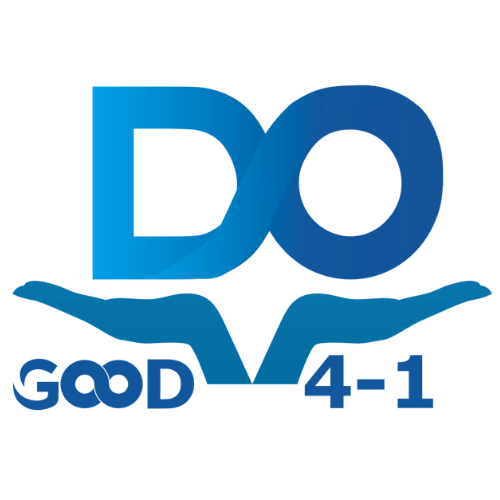STEAM Camp
STEAM Camp
DO GOOD 41 holds annual five-day STEAM camps across Dade and Broward county in partnership with schools and community organizations. These fun, interactive events teach students about STEAM-related careers. DO GOOD 41’s Tech Equity program. To date, more than 900 students in 10 communities have taken part of these camps lead by more than 28 DO GOOD 41 members. Numerous new camps are currently in the planning process.
The STEM Camps are the flagship program of STEM@DO GOOD 41, a K-12 program that aims to train and mentor young people for STEAM careers. It strives to provide experiences that inspire students with the drive to learn for a bright future in the digital workforce. STEM@DO GOOD 41 focuses on students in demographics that are underrepresented in STEM fields, including women, minorities and the economically disadvantaged.
DO GOOD 41 STEM Camp courses include topics in computer coding, computer building, physical computing, Internet of Things, and Robotics.
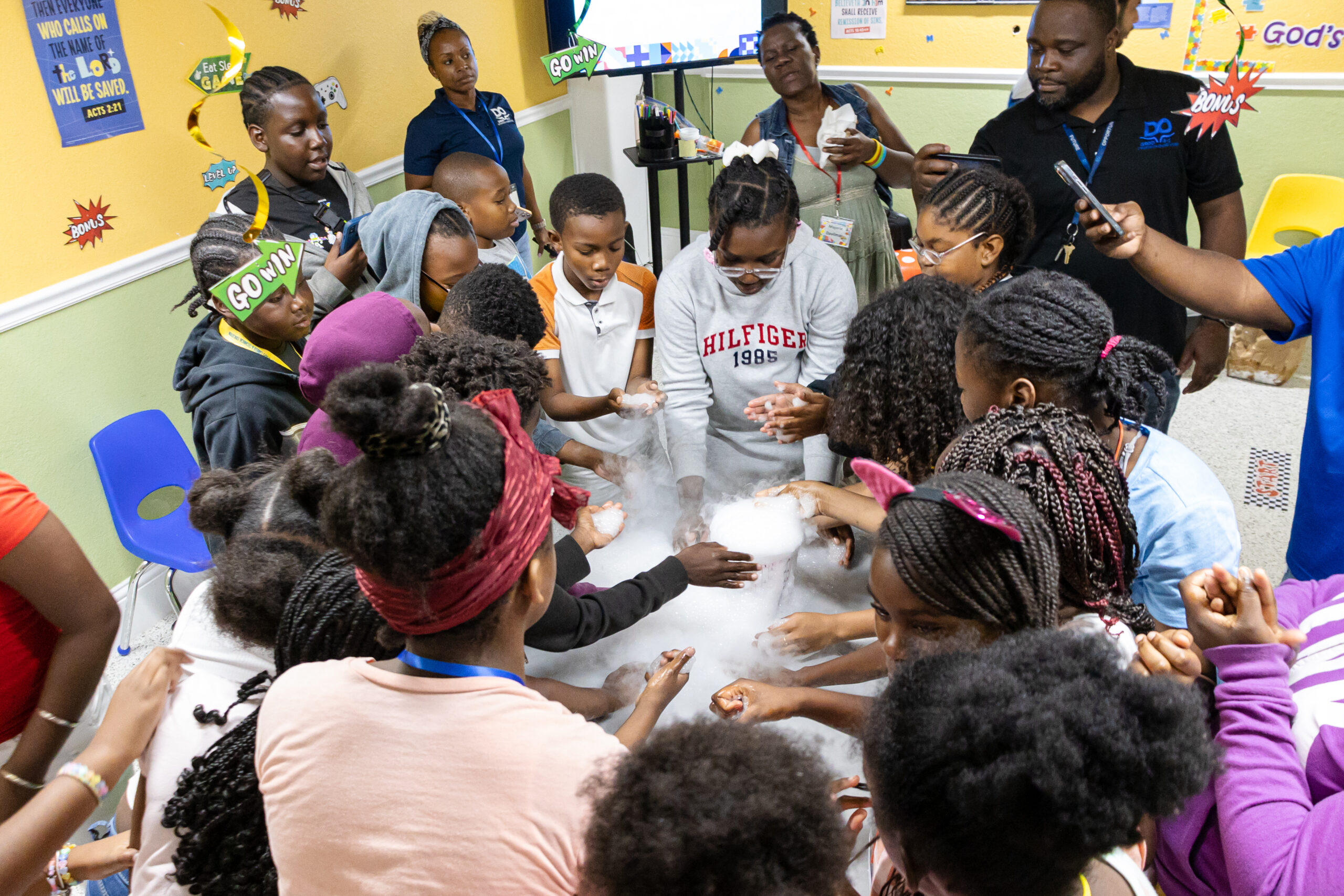
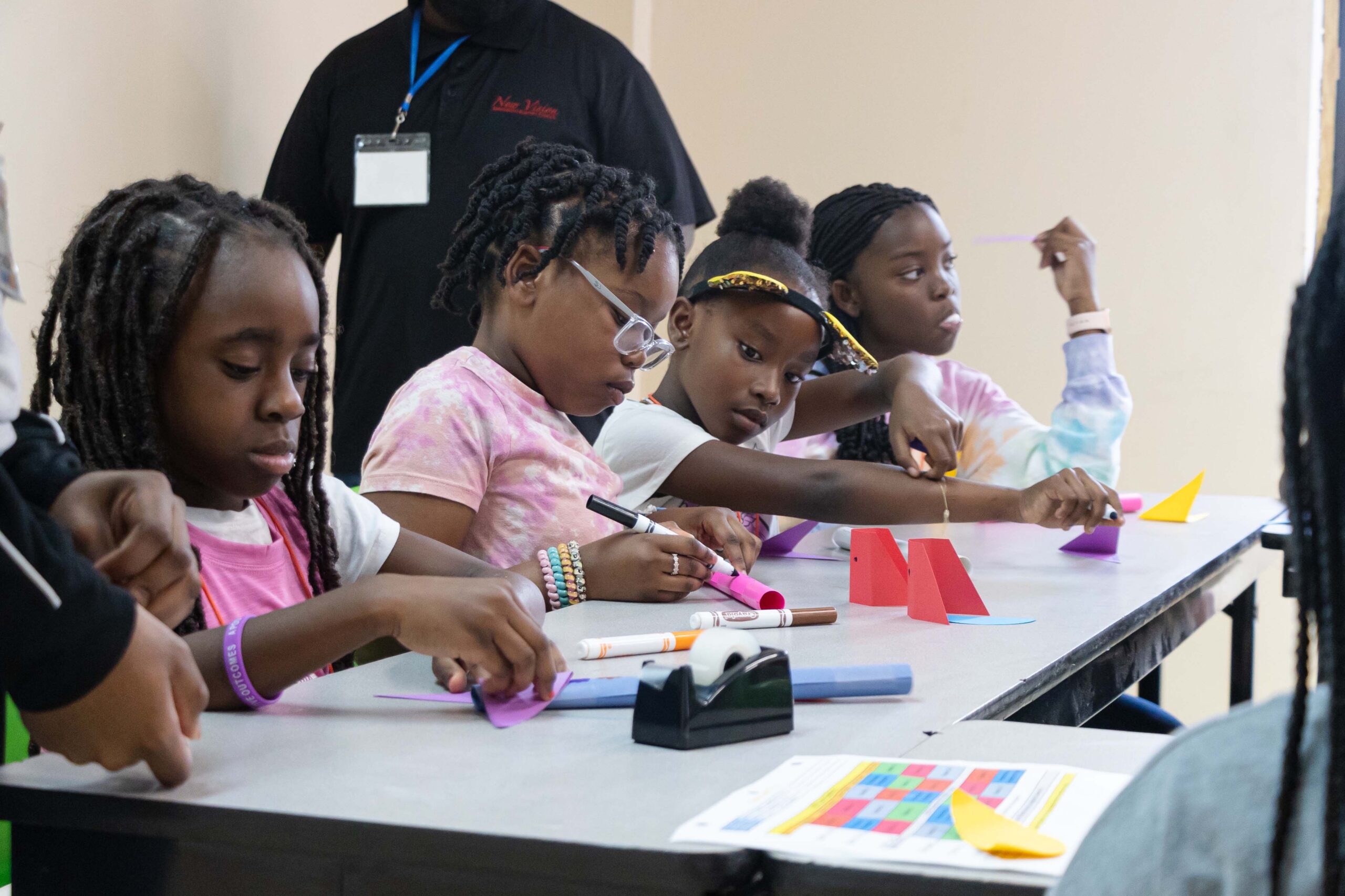
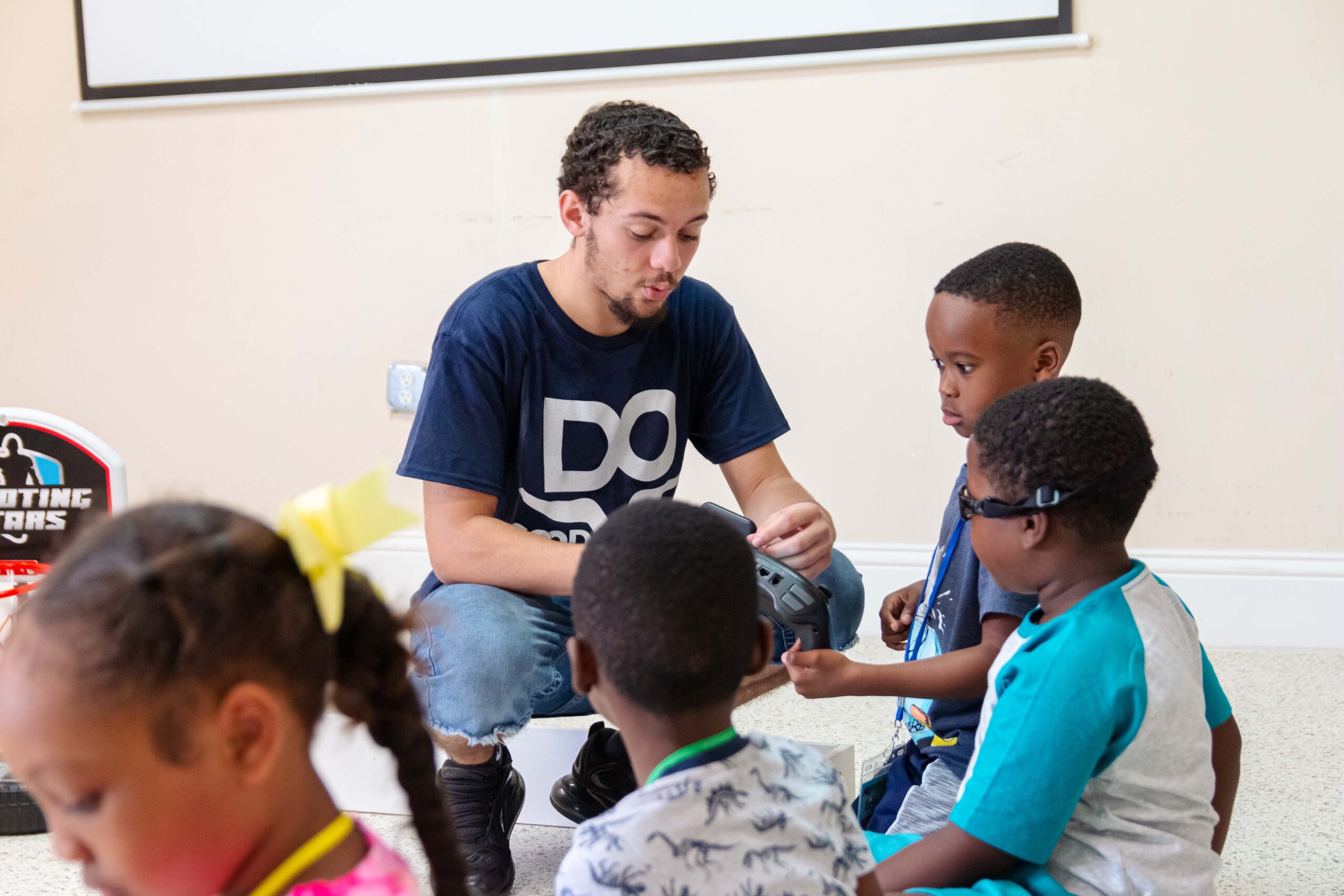
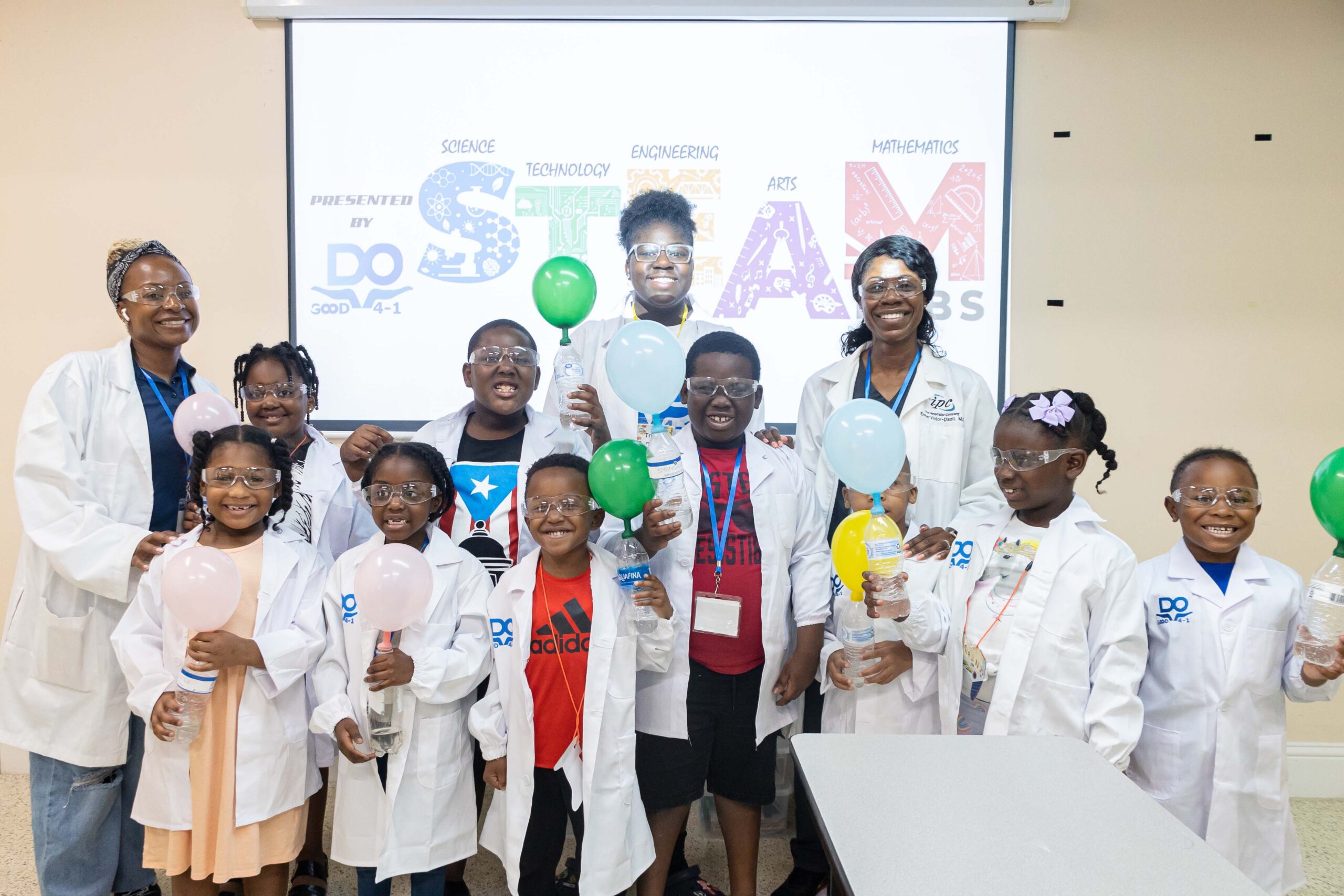
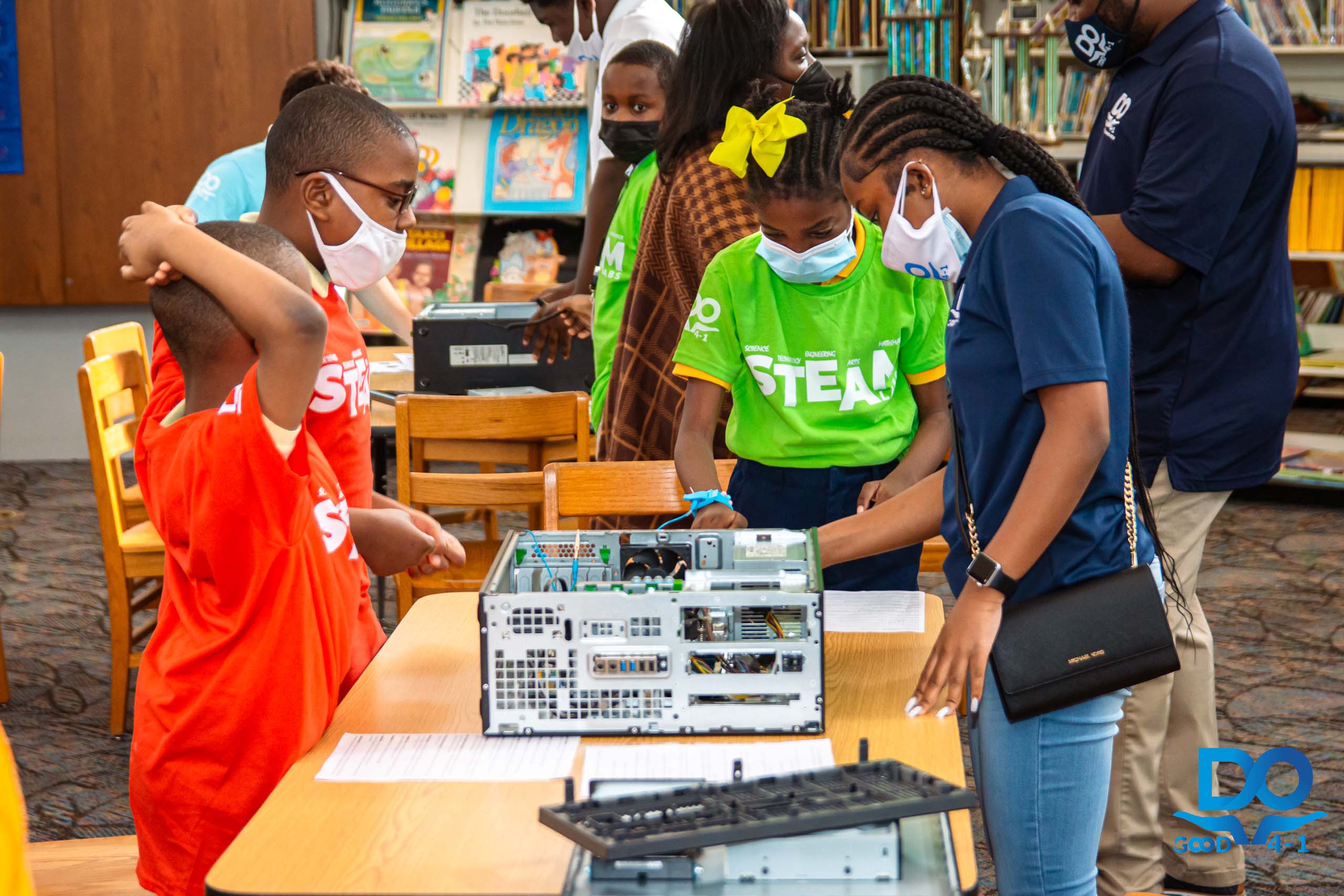
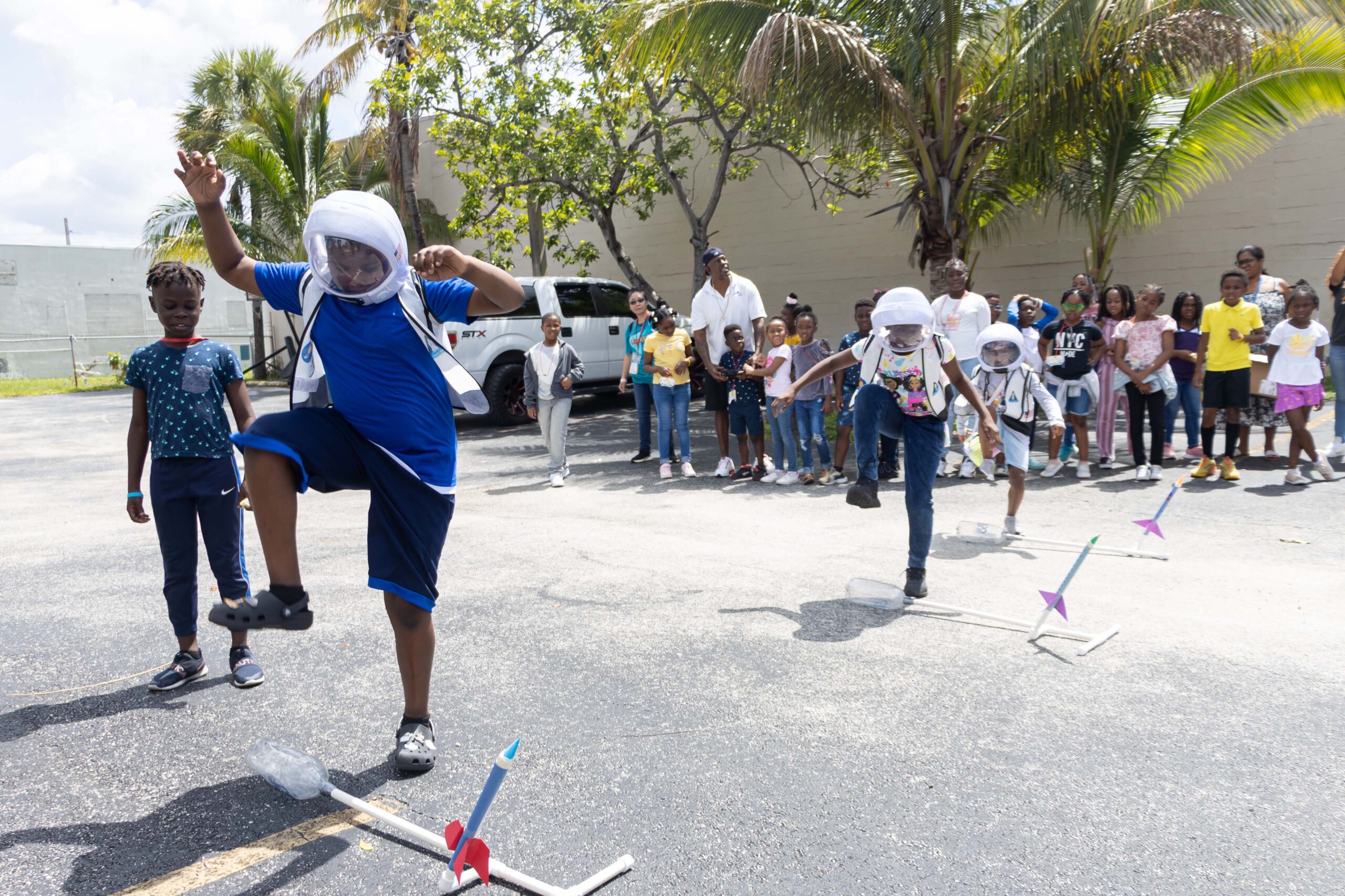
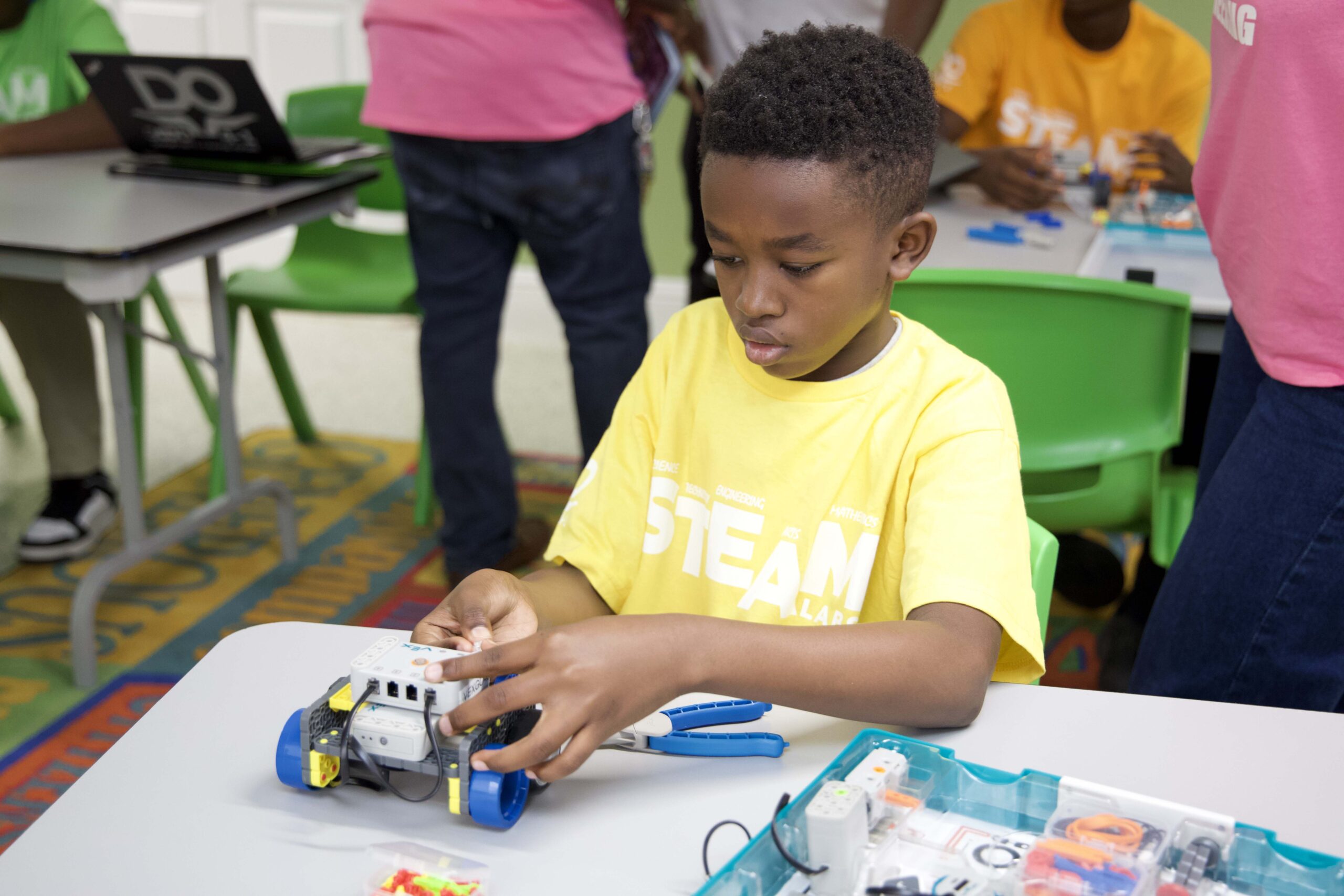
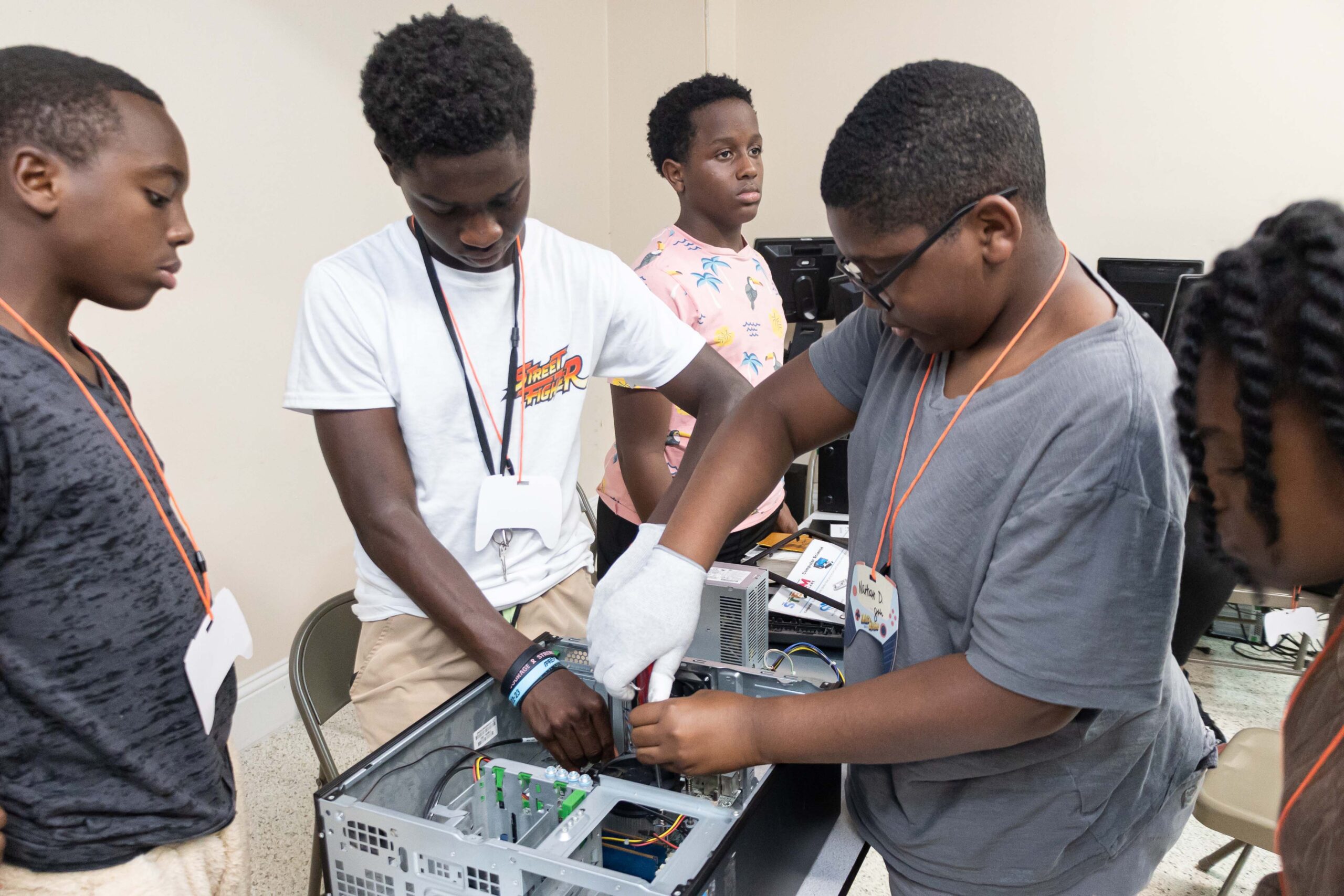
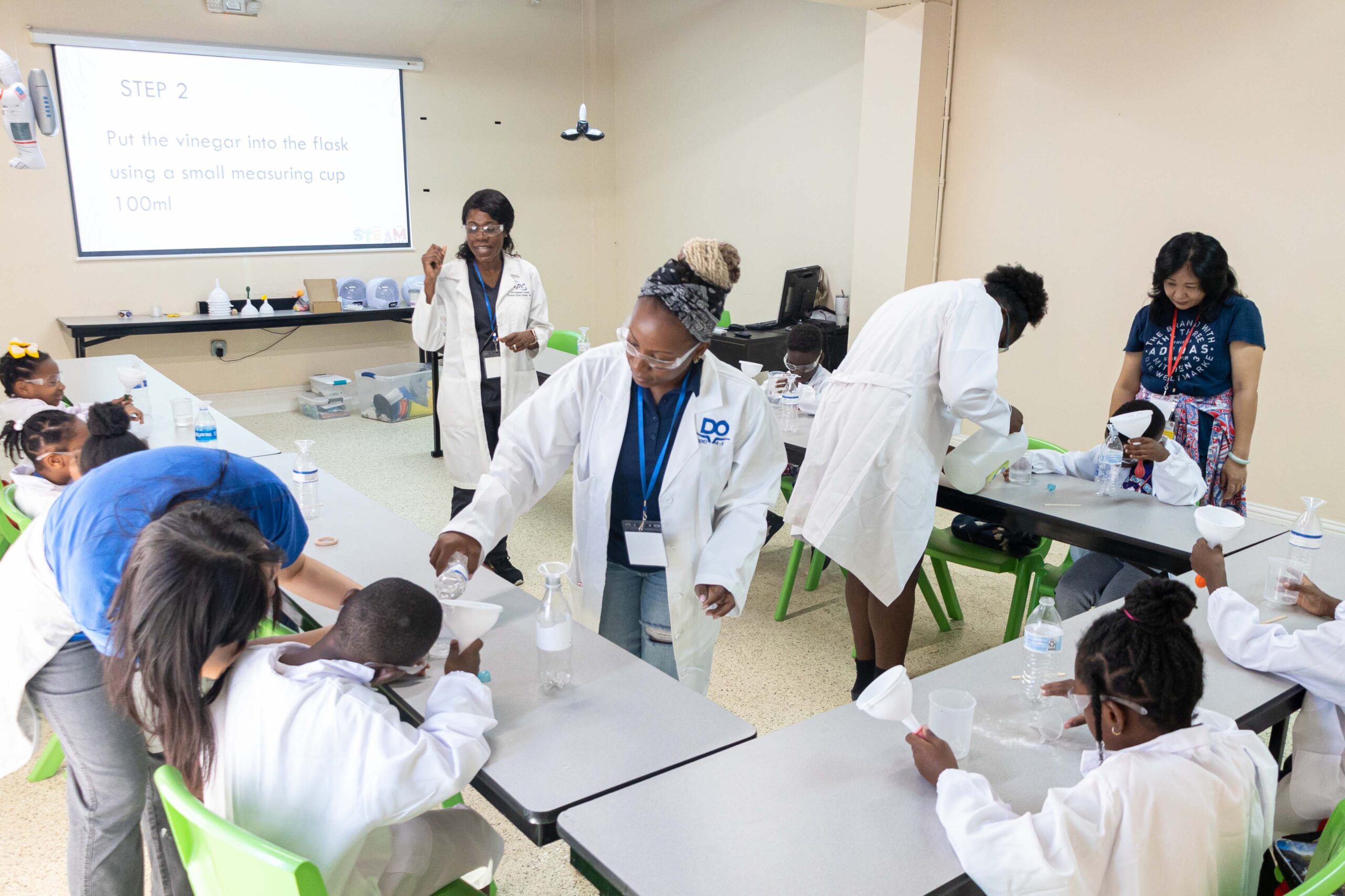
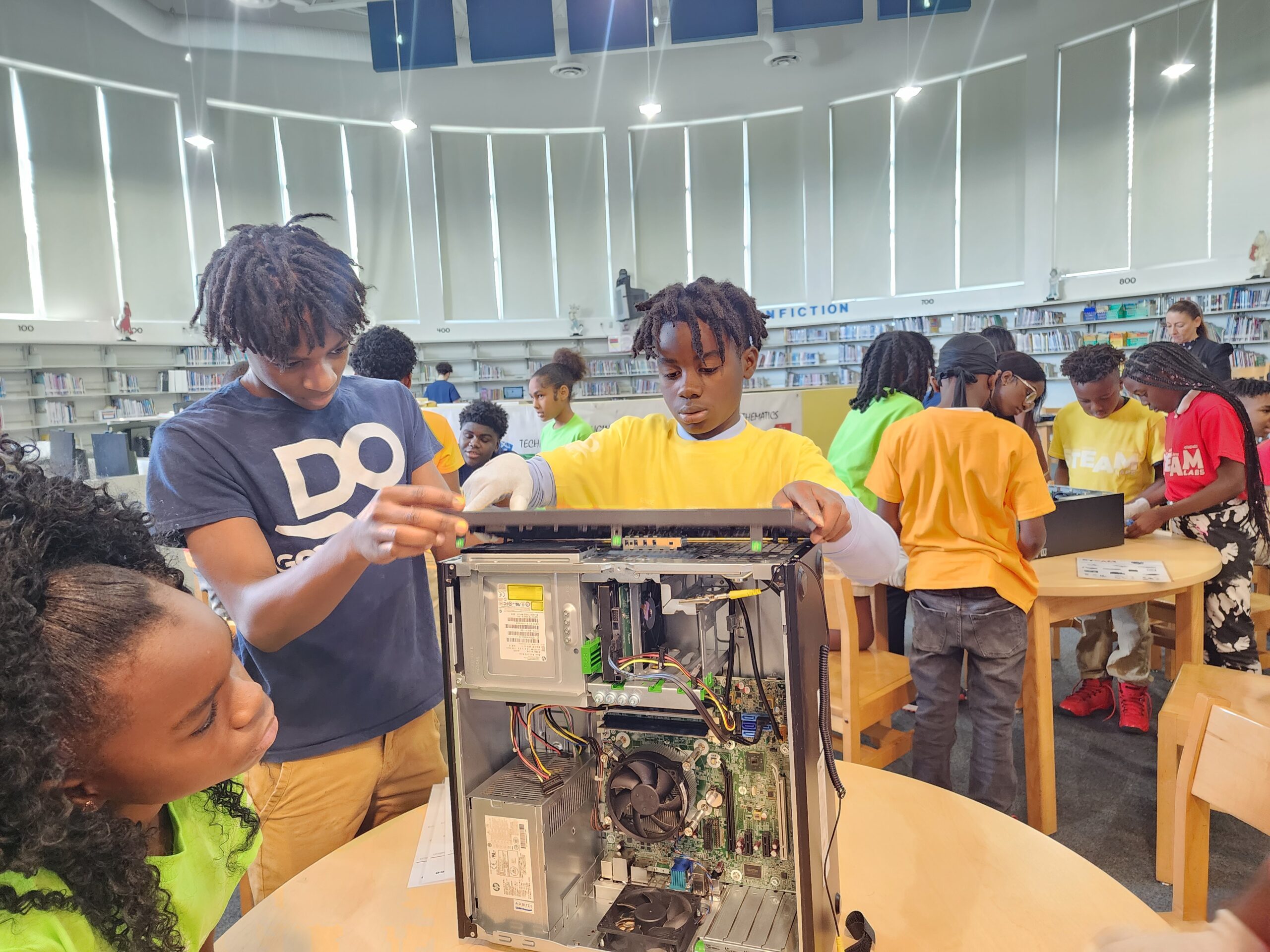
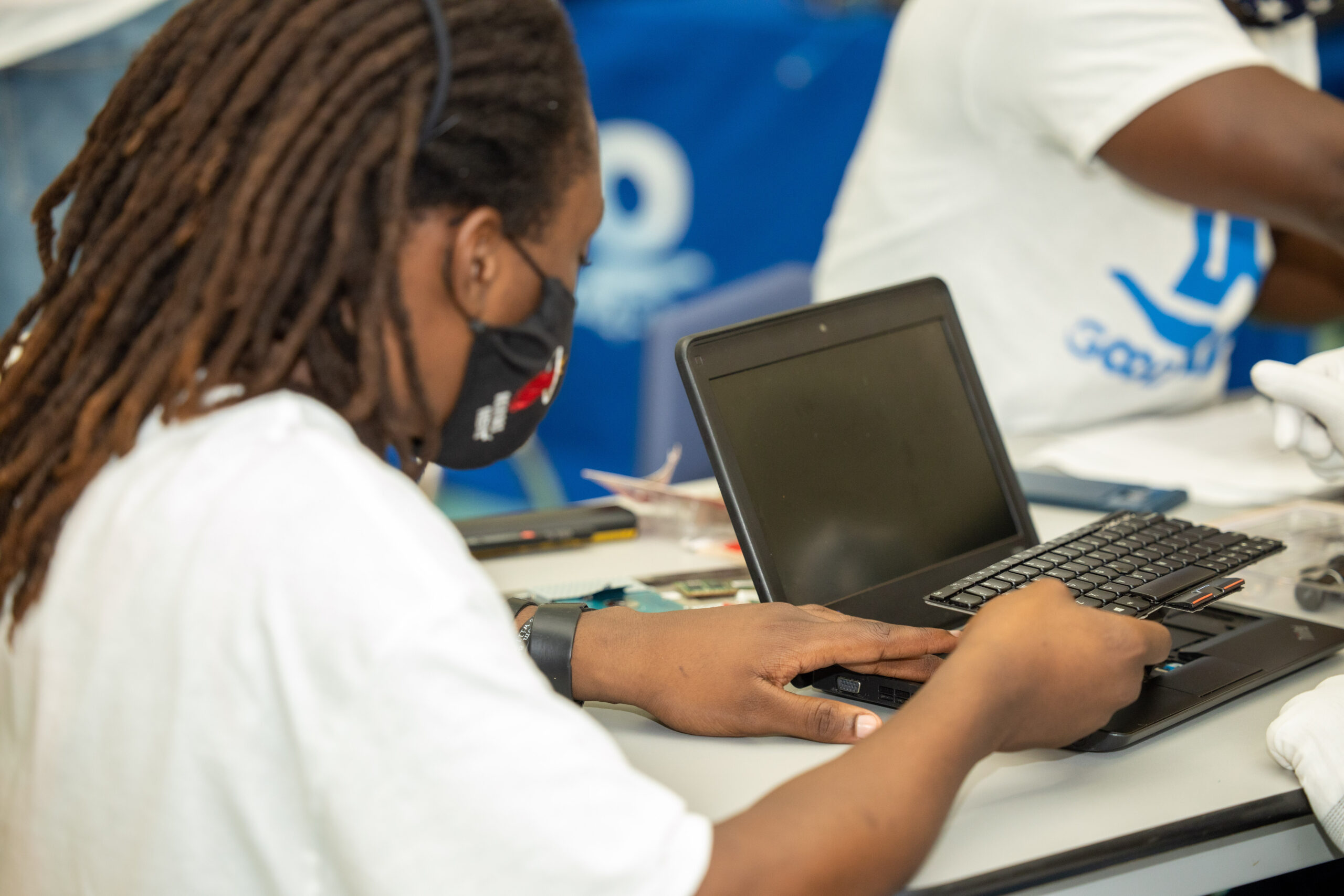
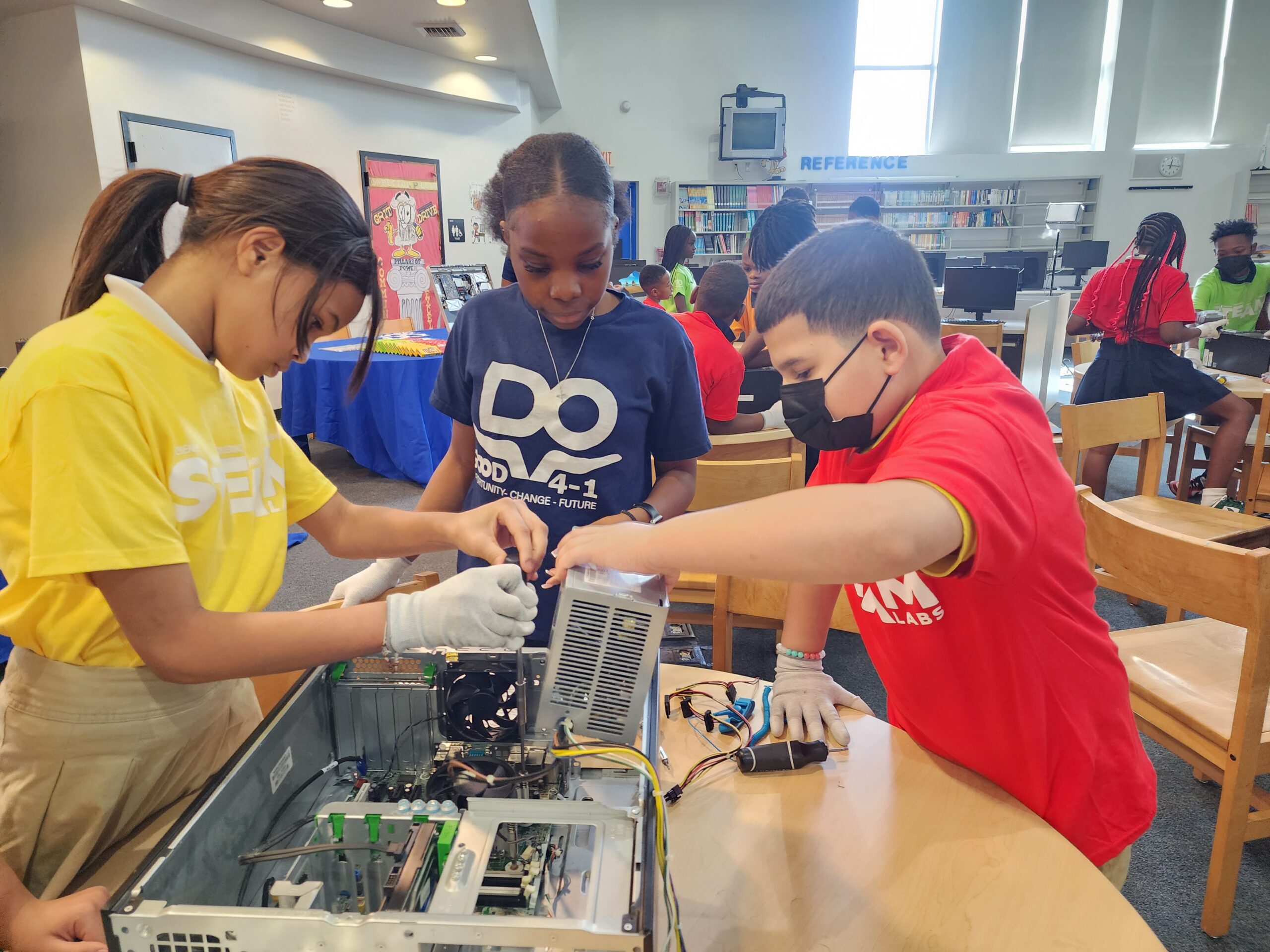
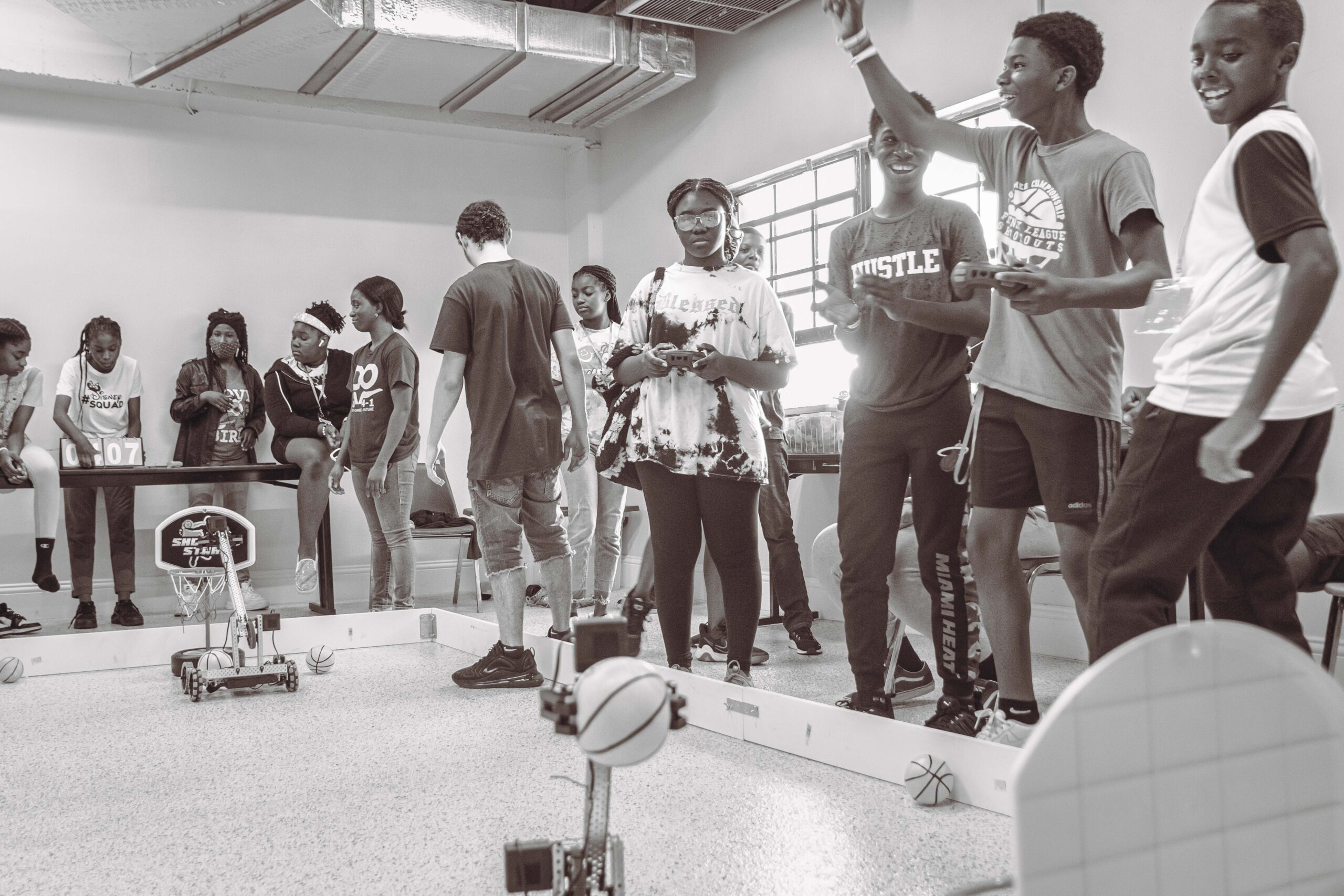
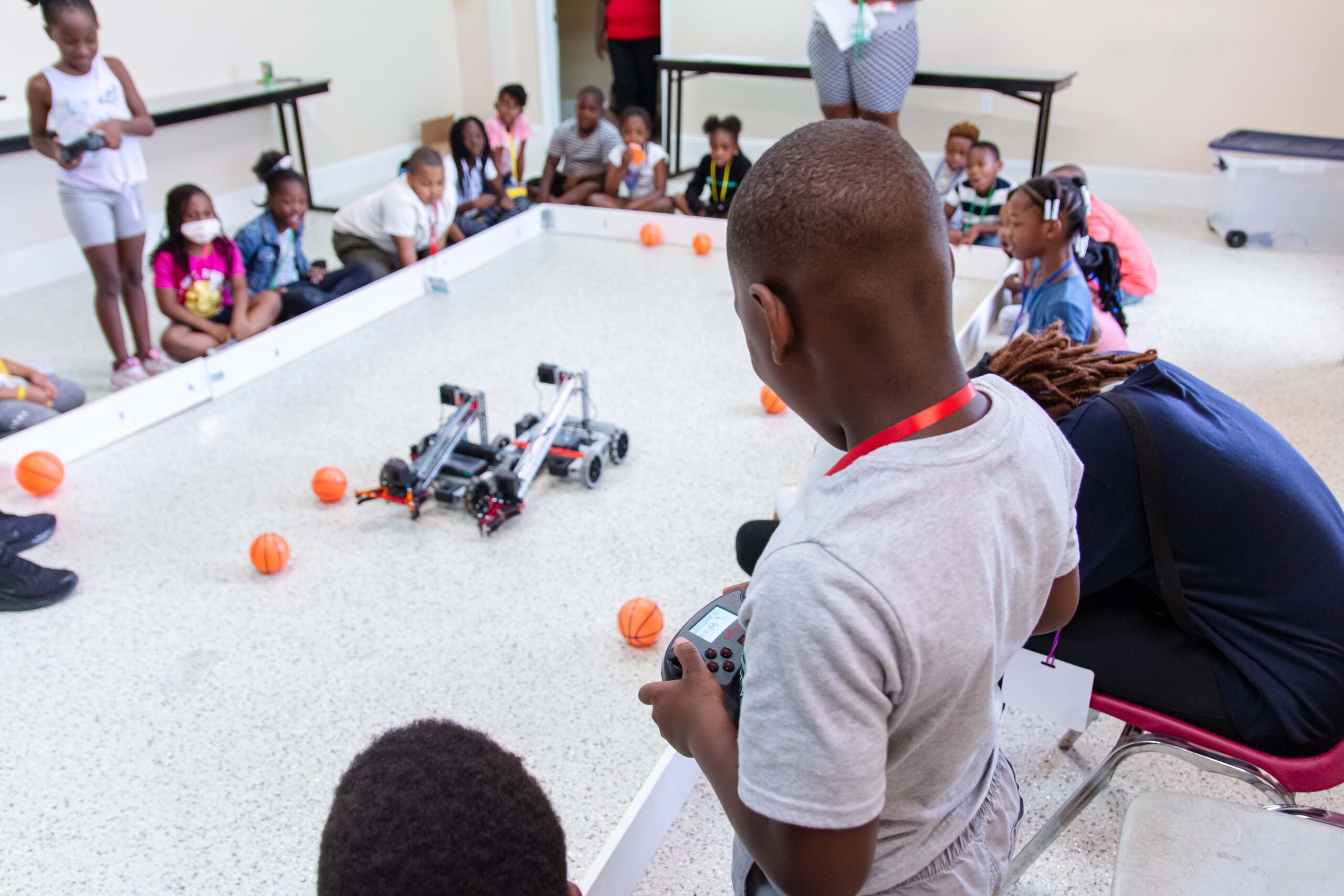
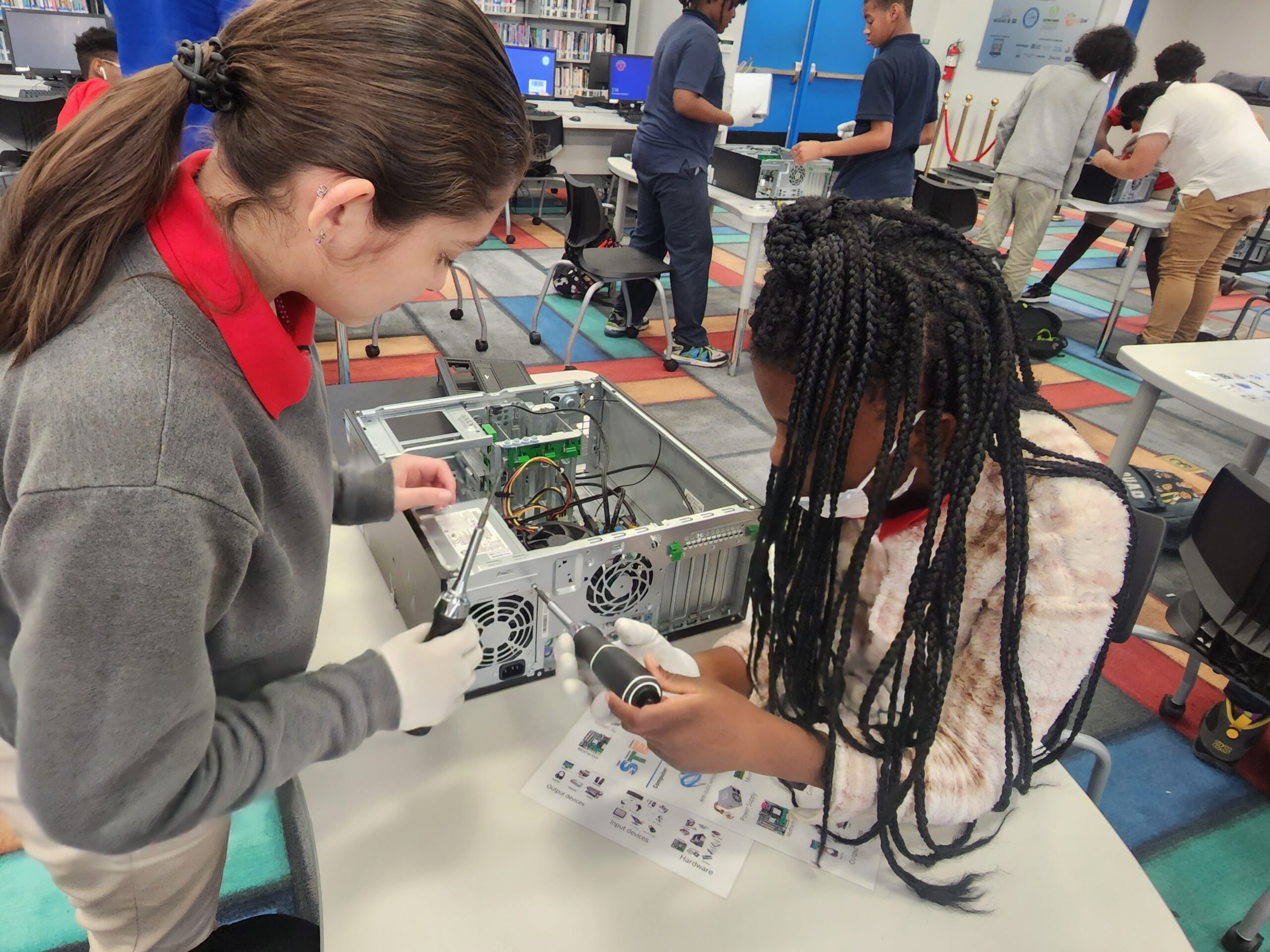
Science
Nurturing inquisitive minds and inspiring curiosity. Experiments and experiences with the natural world, with living and non-living things, enable children to develop important scientific process skills, such as observing, questioning, comparing, and predicting
Technology
Learning to work with tools (both digital and otherwise). As 21st century learners, children will need to develop the technological skills necessary to navigate an ever-changing world.
Engineering
Promoting problem-solving skills. By designing, building, and testing their own constructions and creations (including, in some cases, robots), children become makers, as well as thinkers.
Arts
Helping children to express ideas and communicate. Creative experiences in language arts, visual arts, dramatic arts, and musical arts foster positive forms of collaboration and communication, as children develop self-expression skills.
Mathematics
Guiding children to apply logic and understanding to systems. Tangible, engaging math experiences supported by a variety of resources (including natural materials) help children develop in mathematical process areas such as problem-solving, measuring, and reasoning.
